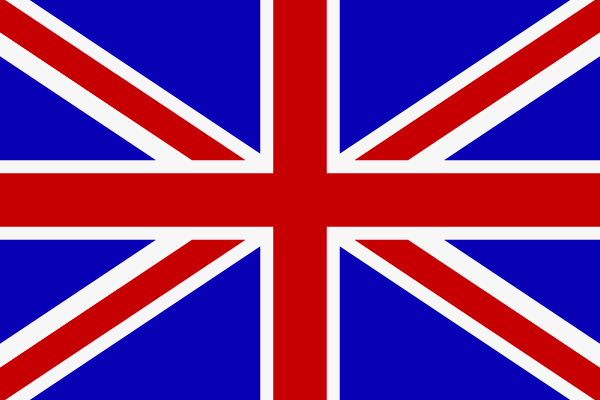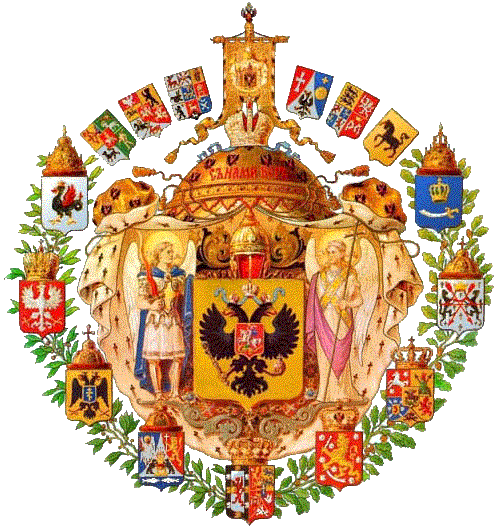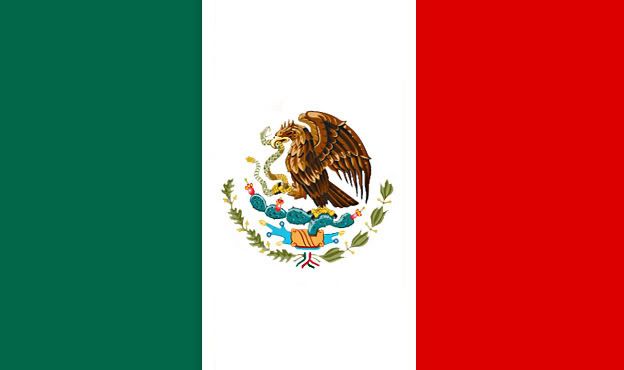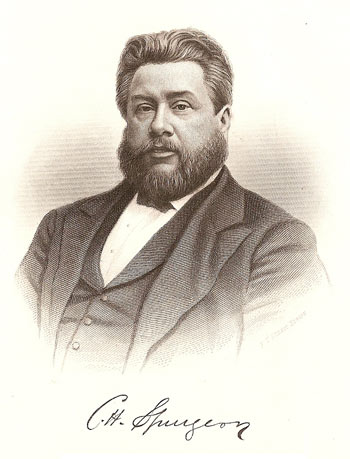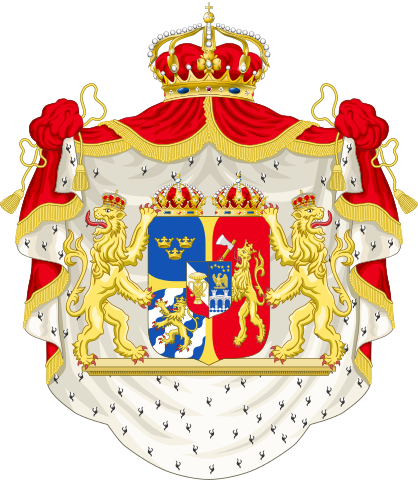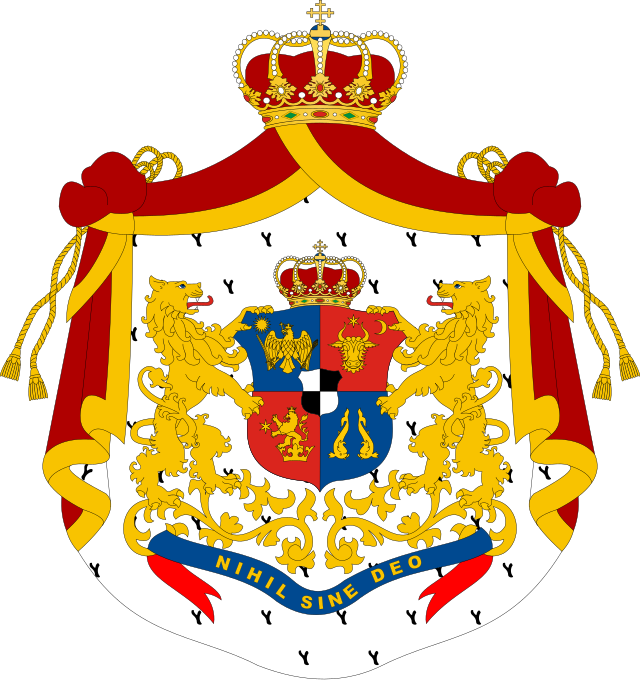An address given by Jnkr. Georg von Vincke to the Prussian Landstag
"In reflecting upon the current status of global affairs I find myself feeling the deepest of sympathies for that fledgling power, that latest entrant to the global stage: the United States of America.
In particular, the addresses of one Herr Stevens, in addition to Herr Lincoln's, I find myself reading ever more of. When I do, nostalgia washes over me, and in the comfort of my study chair I am taken back to that most bittersweet year, the year of our Lord 1848.
We had seen Liberty raise her light across the Atlantic. We saw that light again shine, albeit perverse and darker, in France. Across the world, from the southern tip of Patagonia to the White Mountains of New Hampshire, freedom was on the march. And how we wanted it!
We had fought our war of independence and beat back Bonaparte. We too were left with an ineffective confederation where the federal government was virtually non-existent. In this year, 1848, we had our own Constitutional Convention. The disparate peoples of Germany came together, overcame our masters, and offered to His Majesty Friedrich Wilhelm IV the crown of a nation united under principles of inalienable rights, to which he eventually and conditionally agreed.
We went to war, to free our oppressed brethren in Denmark, but the English intervened. Later, our best laid plans for our fragile federation were shattered by our former hegemons within the farcical German Confederation, the Austrians, encouraging dissolution of this union and calling for the balance of power to be maintained on our backs. The "nest of vipers" bit us first. In this way our two confrontations with the European establishment are related. Many of the Germans living in America right now face the same threat of foreign intervention and national dissolution that made them leave for America hoping for freedom in 1848.
The history of our German nation is forever marked by foreign intervention, be that English Hannover, the French Confederation of the Rhine, the Thirty Years' War. My nation can attest to those prophetic words, spoken first by the Lord and then Herr Lincoln: 'A house divided cannot stand'. So long as the other powers of Europe continue to prop up Austria, and stand ready to defend Austria, the German nation is forever prevented from achieving greatness. So I say to you, Herr Lincoln, remain vigilant. No matter how high the cost may grow, no matter if you must march your men over a road paved by the bodies of their kinsmen, no matter if the Chesapeake turns red with the blood of your bravest, stand firm. For twenty years and in six wars we fought Napoleon and we would have fought him for two hundred if that was the price demanded of us for freedom.
Finally, as I close, the words of a poet, writing in the midst of a life-or-death struggle his young country finds itself in spring to mind.
'O! sagt, könnt ihr seh'n in des Morgenroth's Strahl,
Was so stolz wir im scheidenden Ubendroth grüßten?
Die Sterne, die Streifen, die Wehnend von Wall,
Im tödlichen Kampf uns den Unblick verfüßten?
Hoch flattere die Fahne in herrlicher Bracht,
Beim Leuchten der Bomben durch dunkle Racht.
O! sagt, ob das Banner, mit Sternen befä't,
Ueber'm Lande der Freien und Braven noch weht?'
Unique among all the patriotic music I have heard, this song ends not with a statement, but a question, a question whose answer will forever alter the tide of history. Whether by example the Americans shall lift us up, or by defeat condemn the rest of civilization to a millennium of darkness, chains, and slavery. It is my sincere hope that the Great Experiment succeed, and that government of the people, by the people and for the people shall not perish from the Earth.
As we pray for your quest for unity, pray for ours, America."
